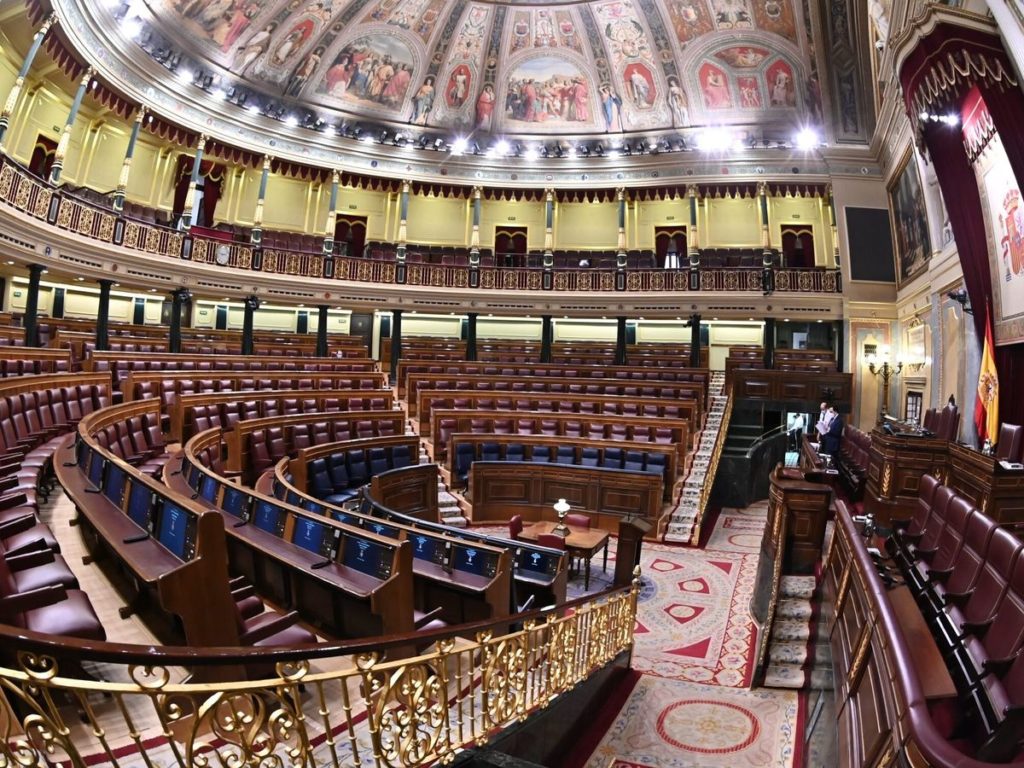
By: Sebastian Mariz, Managing Director of Influence Spain
.
Following the July 23 elections, the conservatives obtained a bittersweet victory, but not enough seats to form a new Government.
As such, the leader of the conservatives, Mr. Núñez Feijóo failed obtaining parliamentary investiture last Tuesday, the 26th of September, forcing the King to call on Mr. Pedro Sánchez to present his candidacy and to be invested Prime Minister with a similar coalition Government to the previous one. If Mr. Pedro Sánchez fails to be invested before the 27th of November, he will be forced to call new general elections for the end of the year.
The most likely outcome is that Sánchez will be invested with 178 seats (needs at least 176) and will revalidate a socialist/communist coalition government, for a second term, with the parliamentary support of the radical and nationalistic regionalist parties of Catalonia and the Basque Country.
Although this reedition of the left-wing coalition will have 11 more seats in Parliament than in the previous legislature in which it had 167 seats, the opposition has closed the gap and will be only 4 votes shy from a swing to a conservative majority.
This means Mr. Pedro Sánchez will be more prone to pressure from the smaller regionalist parties and to their demands in areas of transport, mobility, infrastructure, housing, tourism and regional public spending.
It also means that the opposition leader will do everything in his power to try to steal the 5 Basque conservative (PNV) members of parliament from Sanchez and to block any new legislative initiatives thanks to the conservative majority in the Senate and control over most of Spain’s regional governments.
The main demand being made by the Catalan pro-independence groups, in exchange for their vote in favor of re-investing Mr. Pedro Sánchez as Prime Minister for a second term, is amnesty for the exiled Catalan political leaders who orchestrated the failed referendum on Catalan independence in 2017. But is this really what is being negotiated?
Although amnesty is undoubtedly of primordial importance to the exiled politicians, other issues, possibly of greater relevance than the amnesty demands themselves, have been hinted at in statements to the press, and are undoubtedly the real crux of negotiations between Mr. Pedro Sánchez and his parliamentary coalition partners from Catalonia, and the Basque Country.
These include crucial issues to policy making, governance and fiscal policy, including:
- Changes to the current political structure of Spain and the relationship between the regions and the central Government, with the possible creation of a federation of nation-states, with greater autonomy in collecting taxes, setting fiscal policy and meeting debt and deficit targets.
- Changes to the role and remit of the Senate.
- Basque and Catalan ownership and control over transport infrastructure including roads, regional rail lines and services, and maritime ports, but excluding airports.
- Greater, if not exclusive Basque and Catalan competence in setting industrial (including mining), environmental, agricultural, housing, healthcare and tourism policy.
- Full control over education policy, universities, research and development.
- Important haircuts to Basque and Catalan public debts, which together add up to almost 50% of Spain’s GDP, or 500 billion euros.
All in all, a hefty negotiation in an extremely short period of time, just under two months, for all interested parties. Failure to reach an agreement, even a preliminary one, with Pedro Sánchez invested Prime Minister and overall agreement on the national budget for next year, means Spain goes back to general elections and the Basque and Catalan dream of a United States of Iberia is put on hold.
.
Every month, Influence Spain provides a look at Spanish current affairs. For more information, join our social media profiles on Twitter and LinkedIn.

